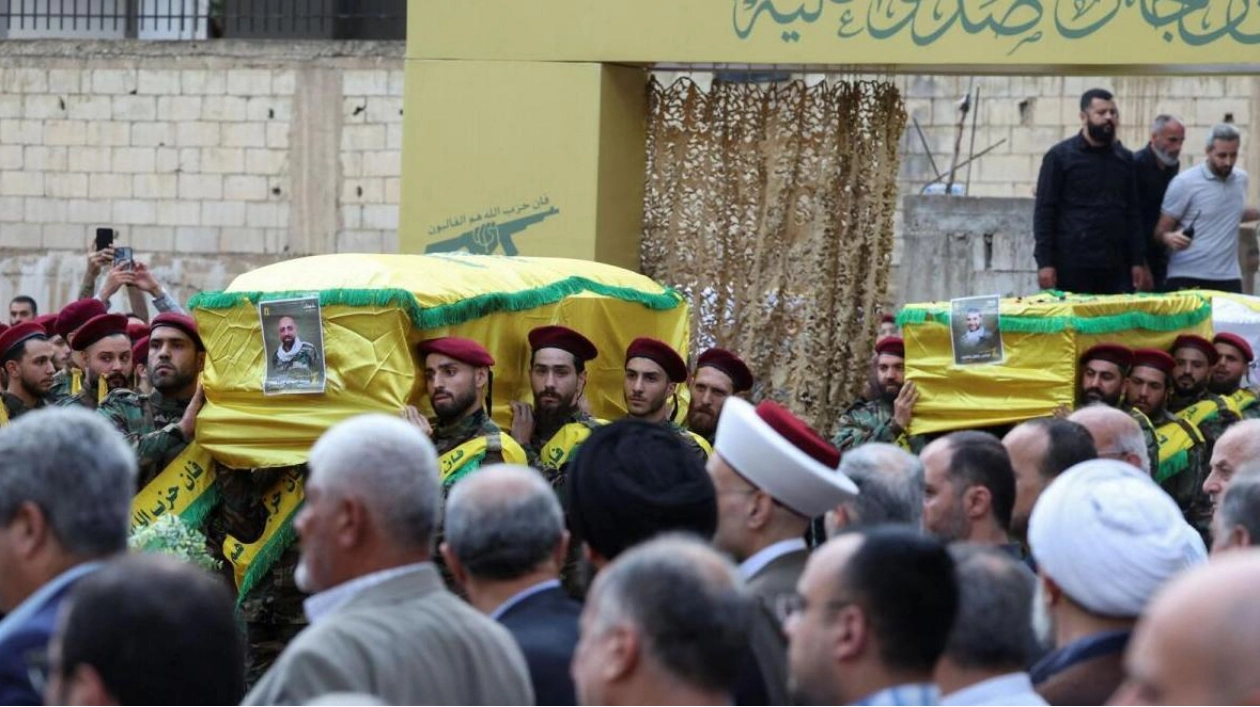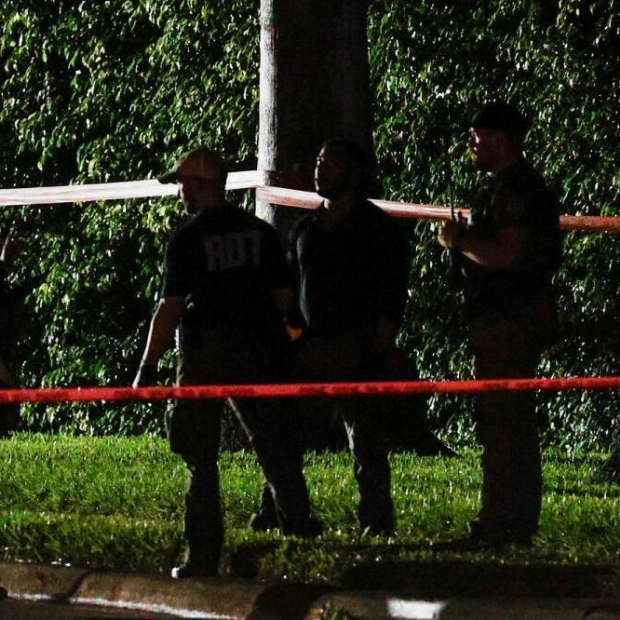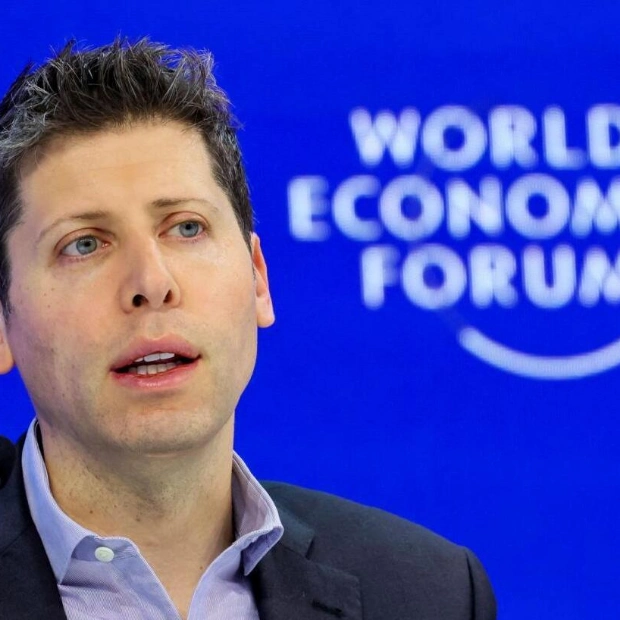Some panicked Lebanese have removed power banks or taken to sleeping with mobile phones in separate rooms after handheld devices used by Hezbollah operatives detonated for two consecutive days, resulting in the deaths of 37 people.
"What happened over the past two days is incredibly frightening. It's terrifying," Lina Ismail told AFP over the phone from the eastern city of Baalbek, where some of the explosions took place.
"We were so frightened that we dismantled the inverter (a component within solar energy systems) and turned off the device," she said. "I took away my daughter's power bank, and we even sleep with our mobile phones in a different room," she added, her voice shaking.
The explosions involved pagers and walkie-talkies used by Hezbollah members and injured over 2,900 others, according to official figures. Iran-backed Hezbollah has blamed Israel for the incidents, though Israel has not commented.
Graphic scenes of the aftermath circulating on social media have shocked many in Lebanon, showing injured, bloodied individuals lying in the street or collapsing after explosions in shops. Doctors in Lebanon have reported horrific eye injuries and finger amputations caused by the blasts.
"During war, you expect jets to launch strikes and that's the end of it," Ismail said, "but for someone to be blown up while walking or in their own home, nothing is more terrifying." She recounted hearing three blasts near her home, two inside separate houses and one in a car.
The series of explosions have heightened the anxiety of Lebanese citizens already grappling with the effects of over 11 months of cross-border fire between Hezbollah and Israel during the Gaza war. Many have reported experiencing panic attacks after hearing Israeli sonic booms or other loud noises, even if unrelated to the war.
This ongoing stress adds to the burden on a country whose economy collapsed five years ago, leaving many in poverty. In Beirut's bustling Badaro bar district, near Hezbollah's southern suburb stronghold, concerns about booby-trapped devices are widespread.
George Bahnam, who owns a small bakery, said his sister stopped using her iPhone due to rumors that it could be hacked and explode. "We live in constant stress. The slightest thing that happens can affect us negatively," he said, while conversing with friends passing by.
He expressed distress at seeing "young people wounded and lying on the ground." "We were already struggling with economic stress... and now we don't know what the future holds," Bahnam said, fearing a broader conflict.
Social media users have posted images of electronic devices they fear could explode if hacked, though experts, security sources, and those close to Hezbollah believe the blasts were caused by explosives planted inside Hezbollah devices.
On Thursday, Lebanese authorities banned passengers from carrying any pager or walkie-talkie device on planes departing from Beirut airport.
Ghadir Eid, 25, considered putting her phone away but decided against it after a quick internet search. "At home, we stopped using solar energy because we didn't feel safe about the batteries," she told AFP.
In Lebanon, solar power is used to mitigate routine electricity blackouts. Traffic appeared normal in Beirut and its southern suburbs on Thursday, but many, including Eid, have chosen to avoid crowded places or neighborhoods where Hezbollah is influential, "because we don't know who could explode."
Schools and universities were closed on Wednesday following the initial blasts but reopened on Thursday, with people remaining on edge. An exploding truck tire caused panic in the street as many feared more devices could explode.
The blasts are "part of a series of events that have created a state of anxiety and insecurity... especially because we don't know if war is imminent," a female passerby told AFP.






